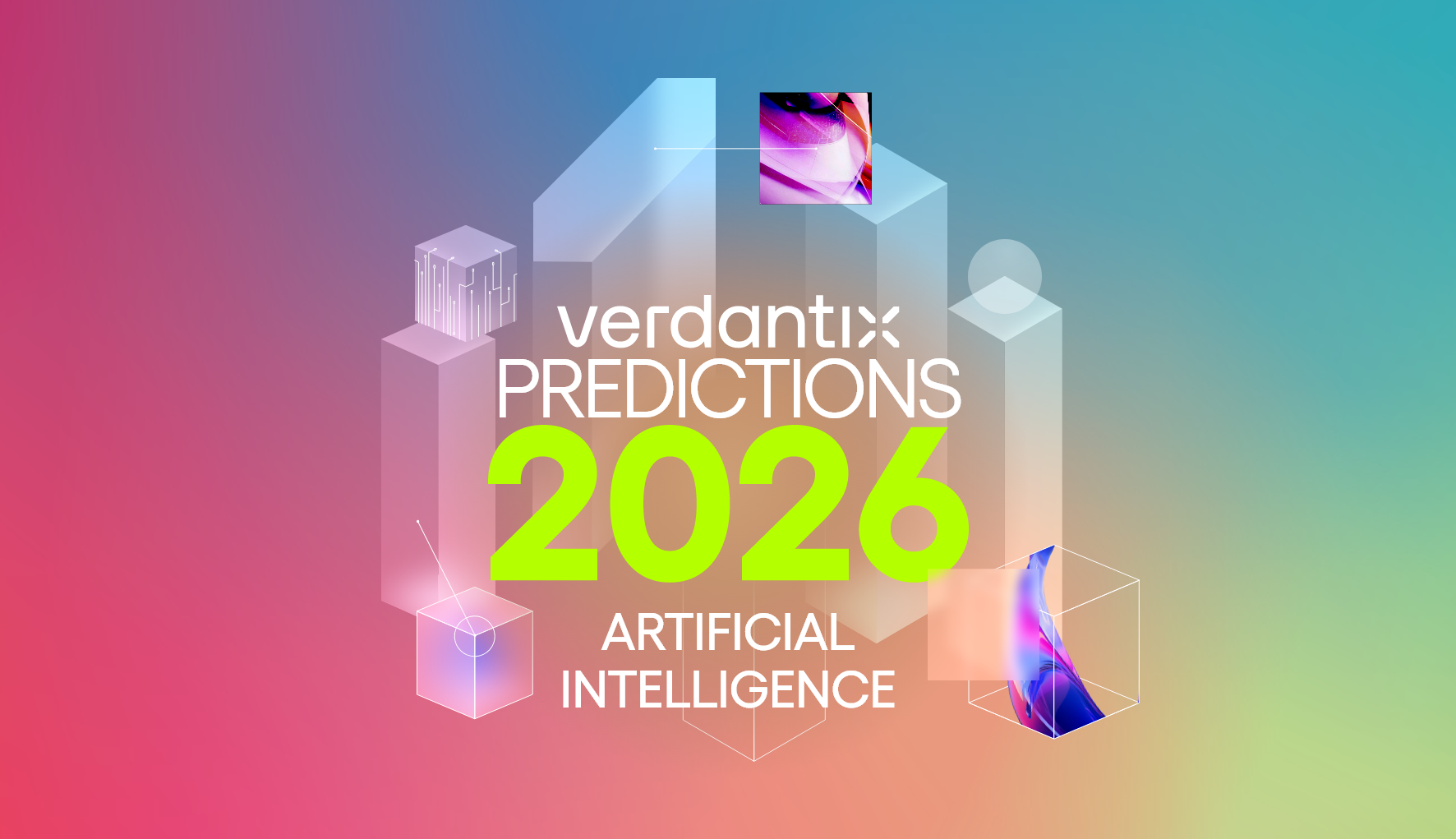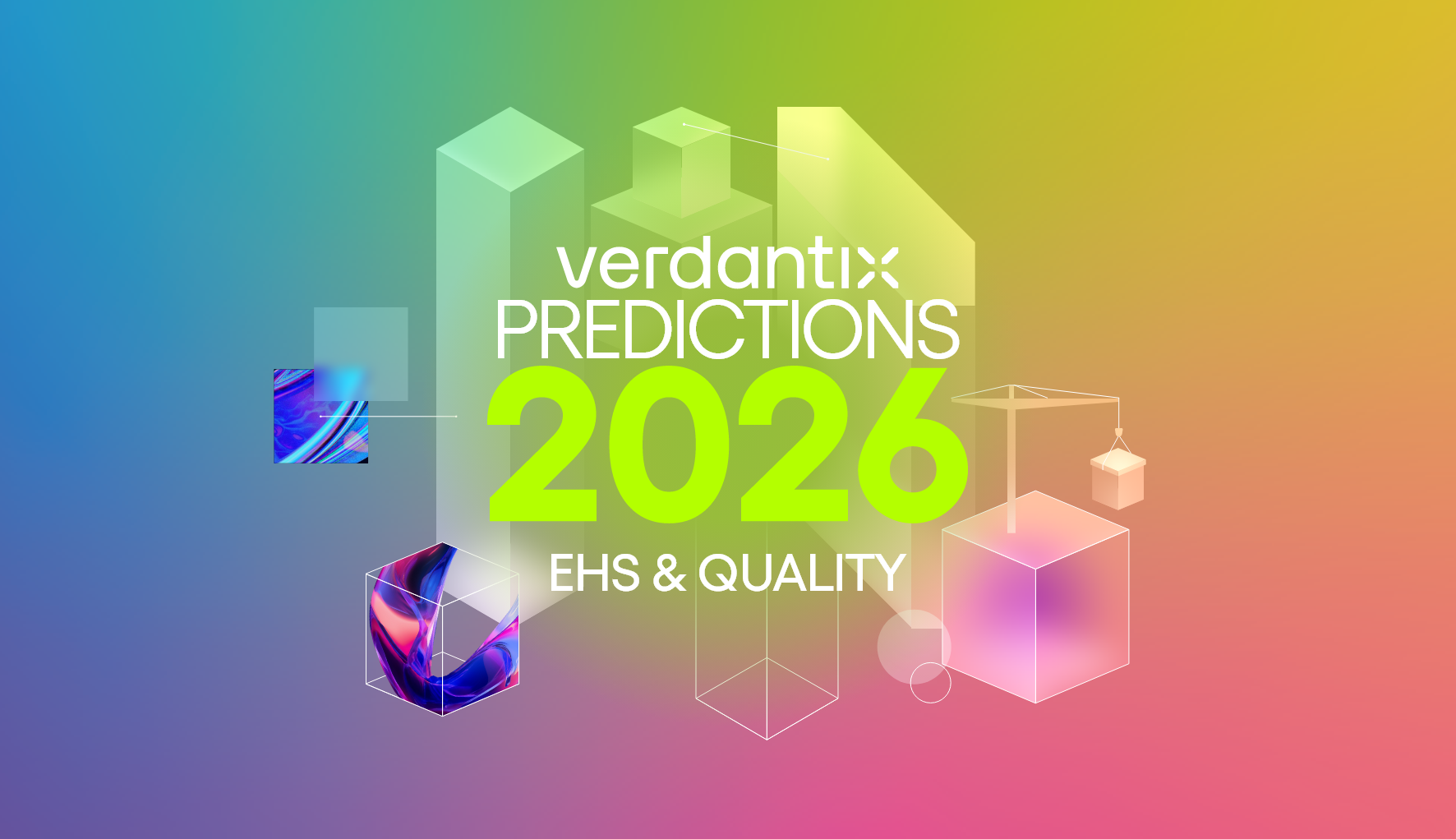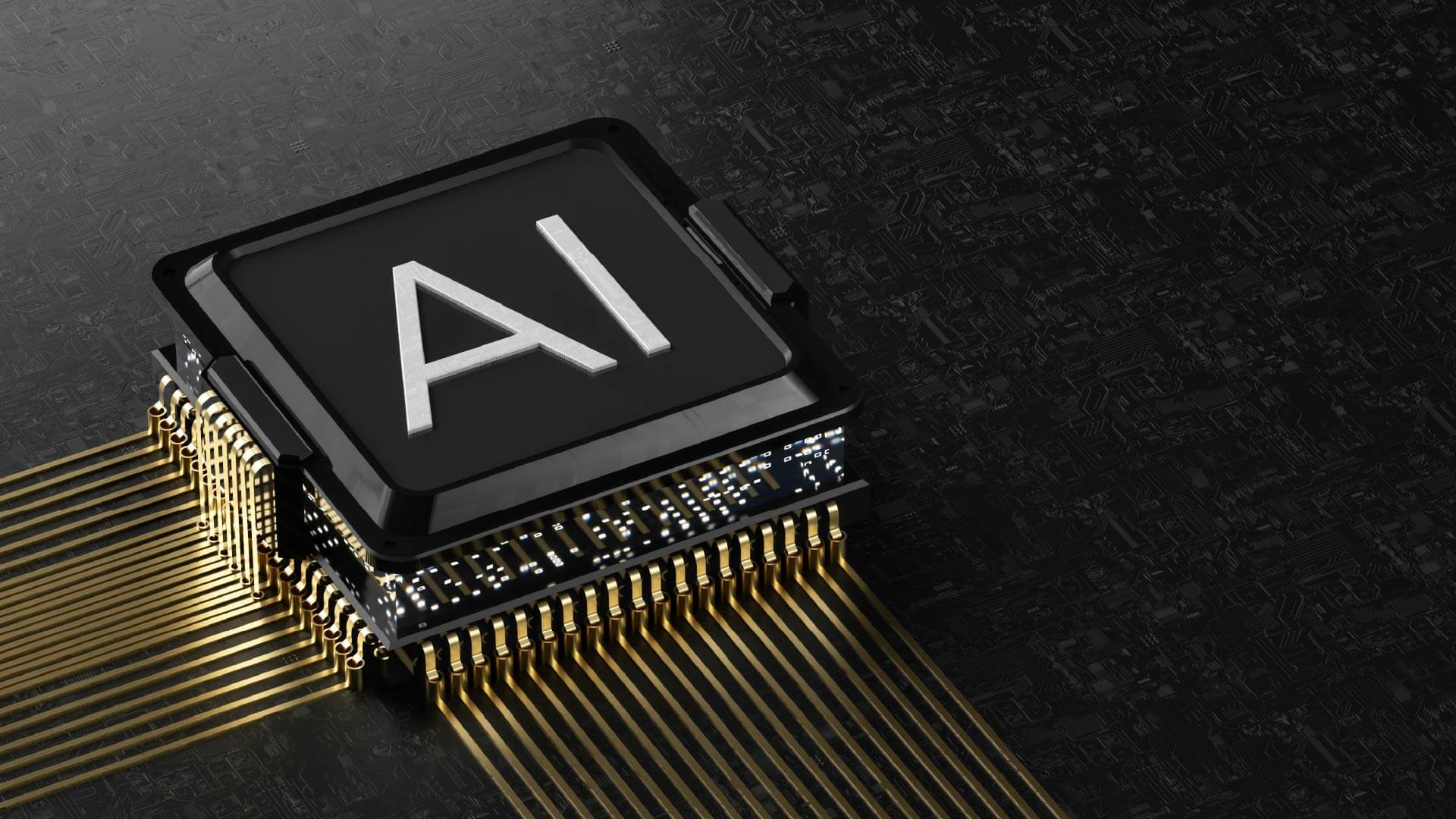Three Considerations Industrial Firms Must Make When Choosing A Data Management Solution Provider
Most industrial firms have data sources – and plenty of them. This often comprises high volumes of timestamped measurements being gathered from IoT sensors every second, or values recorded by operators with hand-held devices once a month for the last decade, as well as maintenance records stored in EAM/CMMS. However, unlike most enterprise data, which can usually be stored in neat tables, industrial data also entail digital and handwritten technical documents, engineering drawings, inspection reports, audio recordings, images, streaming CCTV data and 3D models of assets. The challenge is no longer gathering operational data but rather being able to make sense of it.
Industrial AI analytics software takes on this challenge by leveraging machine learning (ML) models to analyse vast arrays of IT and OT data to predict failures, prescribe maintenance actions, optimize production, improve energy management and reduce emissions. As such, the industrial AI analytics software market is flourishing, with Verdantix forecasting that spend will grow at a CAGR of 23.9% and will reach $5 billion in 2028. However, the insights from AI and ML models are only as good as the data coming in. Hence, data quality, availability and contextualization become critical to enable successful AI deployments, including generative AI (GenAI).
When searching for a data management solution to unify data across their industrial operations and produce accurate, valuable and timely insights, buyers should focus on vendors who offer:
- Robust connectivity with existing data sources.
In the Verdantix operational excellence global corporate survey, 92% of 304 decision-makers in industrial firms cited integrating data from multiple sources as their biggest data management challenge. Thus, it is important to consider the vendor’s experience with integrating both recent and legacy systems. For example, AVEVA connects directly to time series data sources via hundreds of proprietary, vendor-agnostic operations and control systems through its pre-built plant information (PI) interfaces and connectors. Similarly, Braincube offers over 200 connectors through its vast partner network to help firms leverage the data that they are already collecting.
- Workflows designed for machine operators, technicians and engineers.
Subject matter experts (SMEs), such as machine operators and maintenance engineers, have longstanding day-to-day experience with assets and processes and, as such, should be given the ability to model and readily access industrial data in a low-code or no-code interface. Currently, 82% of respondents to the Verdantix operational excellence survey see improving data access for collaboration with SMEs as a significant or very significant challenge. HighByte, through its Intelligence Hub, offers a graphical user interface to create data pipelines, reduce noise, aggregate high-frequency data, and transform and format vast arrays of data at a time.
- Strong data lineage and governance features to enable trustworthy AI.
Large language models (LLMs) and GenAI have a multitude of use cases in industrial operations beyond automating administrative tasks. To start taking advantage of GenAI, lineage tracking and governance are key to ensure data are accurate, up-to-date and compliant with the flurry of upcoming AI regulations. C3 AI, Cognite, IBM and Palantir are able to explicitly map the path of data across acquisition, transformation, utilization and eventual deletion, providing transparency into their origins and modifications.
To learn more about the key providers of industrial data management solutions and what criteria you should consider before choosing a provider, read the recently published Verdantix Buyer’s Guide: Industrial Data Management Solutions (2024) report by signing up to Verdantix Vantage.
About The Author

Sayanh Alam
Industry Analyst





